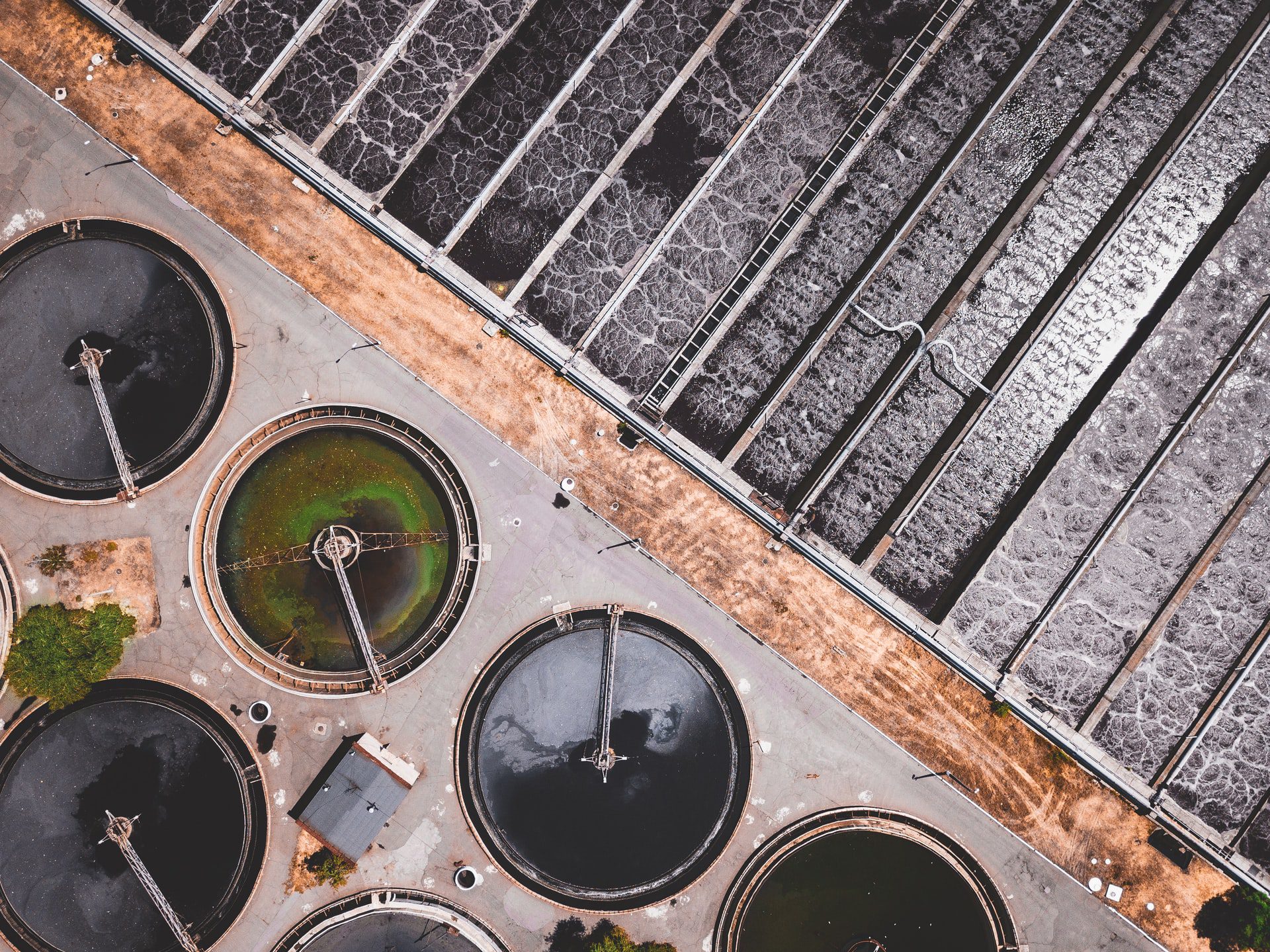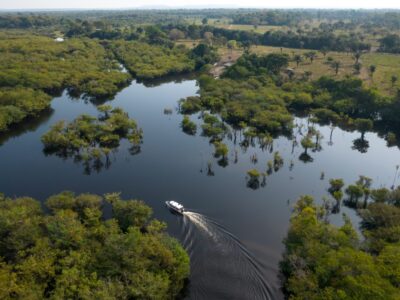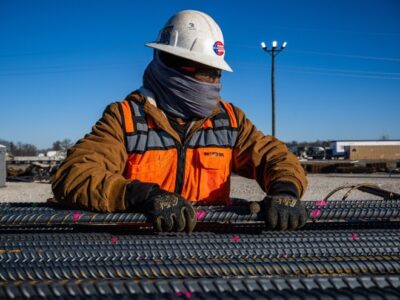Americans are lucky when it comes to water and sewage, at least compared to most of the world. The United States ranks No. 26 out of 180 countries tracked in the quality of its sanitation and drinking water, according to the 2020 Environmental Performance Index, which provides a data-driven summary of the state of sustainability around the world.
But there’s always room for improvement and many states are upgrading their water and sewer systems to raise the standards even higher. One of those states is South Dakota, which will provide more than 20 communities and rural systems with financial help to improve their water and sewer systems.
The program was unveiled in March when the South Dakota Department of Environment and Natural Resources (DENR) announced that the state’s Board of Water and Natural Resources approved $69.4 million for water, wastewater and solid waste projects. The funds include $12.2 million in grants and $57.2 million in low-interest loans, with $13.45 million in principal forgiveness.
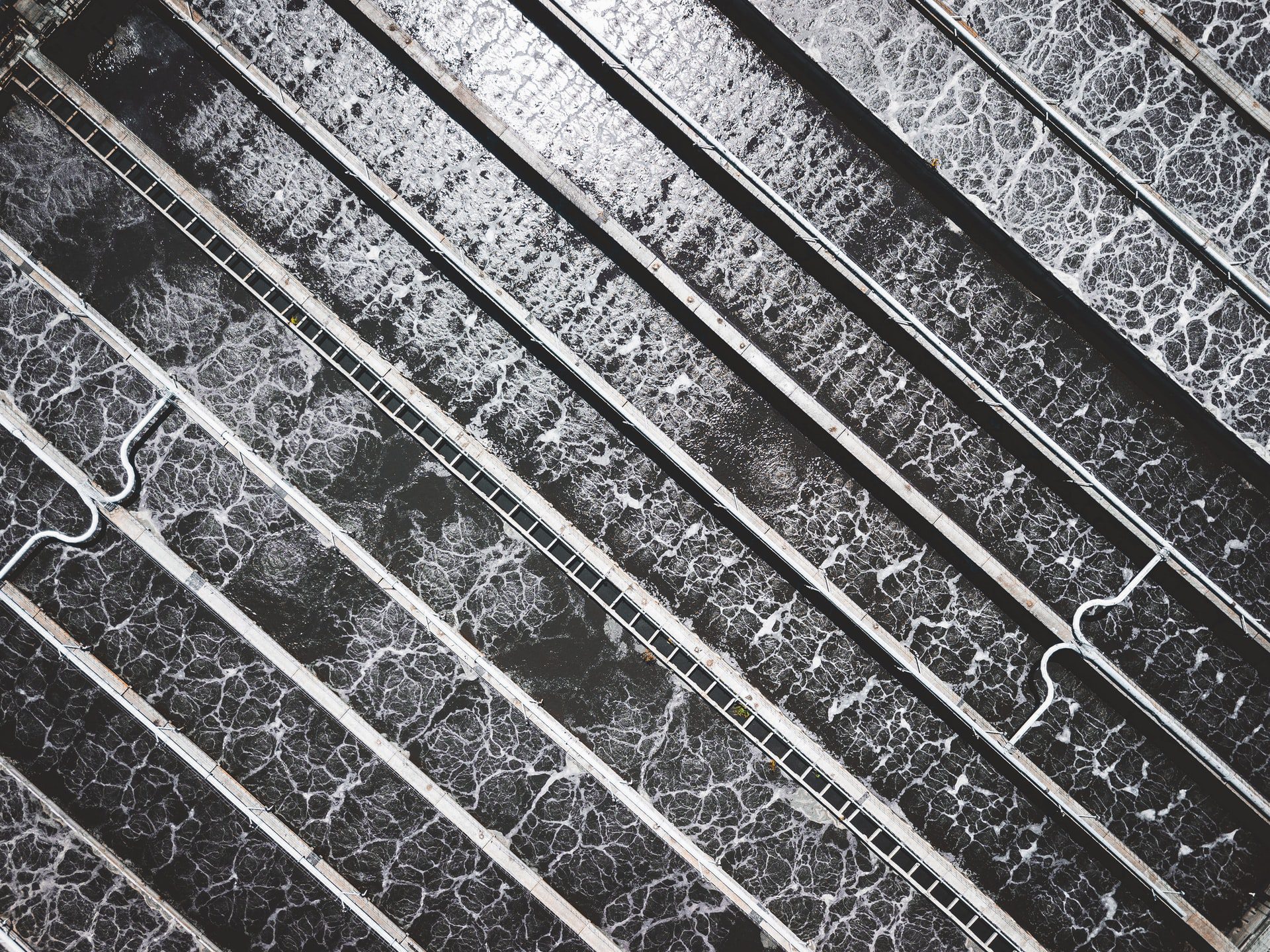
Part of the money will be used to improve municipal drinking water systems in a state that already ranks very high for the quality of its drinking water.
According to the U.S. Environmental Protection Agency (EPA), South Dakota ranks second behind only Rhode Island with the country’s best tap water.
The EPA standards include contaminant limits, water-test scheduling and methods each state puts forth to monitor and protect its water systems. Rounding out the top five in the tap water rankings are Minnesota, New Hampshire and Connecticut. The bottom five on the list are Texas, Florida, Pennsylvania, New Jersey, and Georgia.
The grants and loans approved by the board in South Dakota will be administered through the DENR. Protecting South Dakota’s water, wastewater and sanitation systems is a multi-pronged effort that involves state and federal agencies as well as private entities.
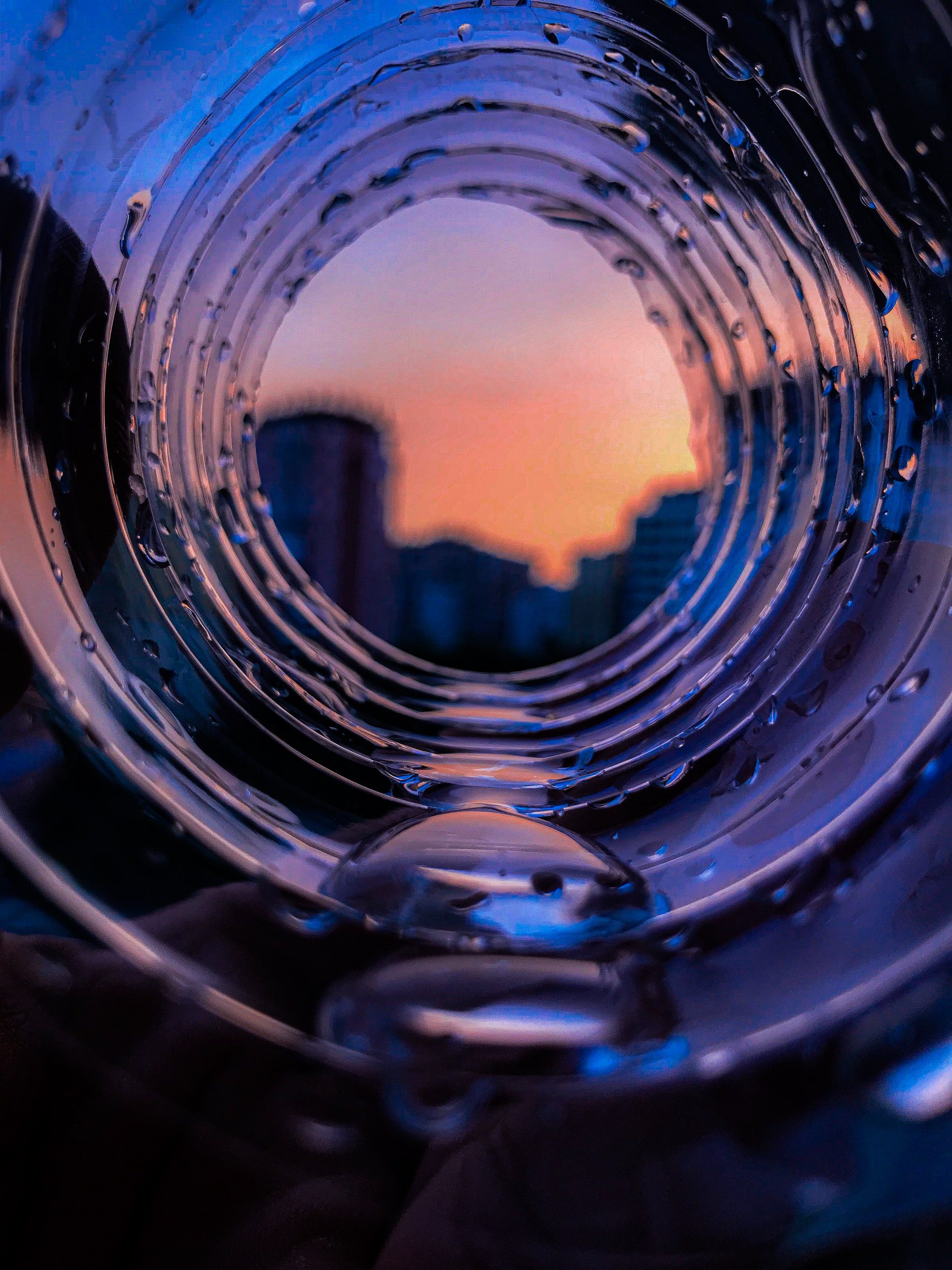
For example, the Consolidated Water Facilities Construction Program is funded in part by revenues from the Petroleum Release Compensation Tank Inspection fee and the sale of lotto tickets. The program provides grants and loans for water, wastewater and watershed projects.
The State of South Dakota and the EPA fund the Drinking Water State Revolving Fund Program, which provides low-interest loans for public drinking water system projects. Some borrowers have been given a principal forgiveness subsidy option, which results in a reduced loan repayment amount for the borrower.
The Solid Waste Management Program provides grants and loans for solid waste disposal and recycling and waste tire projects. Every year the South Dakota legislature appropriates dedicated funding for Consolidated and Solid Waste programs through the State’s Omnibus Water funding bill.
According to the SD.gov website, the grants approved in March were awarded to the following:
- DENR: $600,000 for waste tire and solid waste cleanup projects
- City of Miller: $247,450 for drinking water and wastewater improvements
These were the loan recipients:
- Bear Butte Valley Water: $2.06 million to make drinking water system improvements
- City of Castlewood: $800,000 to make drinking water system improvements
- City of Custer: $1.54 million to make wastewater improvements
- City of Groton: $1.33 million to make drinking water improvements
- Joint Well Field Inc.: $5.52 million to make drinking water improvements
- Kingbrook Rural Waster System: $360,000 to make drinking water improvements
- Northdale Sanitary District: $440,000 to relocate a sanitary sewer line
- City of Salem: $1.57 million to make drinking water and wastewater system improvements
- City of Tea: $10.59 million for drinking water and wastewater improvements
- City of Watertown: $2.5 million to make wastewater system improvements
- City of Yankton: $3.5 million to make wastewater system improvements
Loans with principal forgiveness were awarded to the following cities:
- Alcester: $3.71 million in loans (with $2.65 million in principal forgiveness) for wastewater system improvements
- Cresbard: $5.2 million in loans (with $4.4 million in principal forgiveness) for wastewater and drinking water system improvements
- Faith: $1.6 million in loans (with $1.1 million in principal forgiveness) to make drinking water improvements
- Waubay: $1.4 million in loans (with $545,000 in principal forgiveness) for wastewater system improvements
Grant and loan packages were awarded to these cities:
- Chancellor: $5.8 million for drinking water and wastewater projects, which includes $3.02 million in grants and $2.76 million in loans with $2.05 million in principal forgiveness
- Elkton: $4.75 million for drinking water and wastewater projects, which includes $1.782 million in grants and $2.97 million in loans with $1.82 million in principal forgiveness
- Lake Norden: $4.6 million for drinking water and wastewater projects, which includes a $1.1 million grant, and $3.454 million in loans with $525,000 in principal forgiveness
- Roscoe: $1.8 million for drinking water and wastewater projects, which include $950,000 in grants and $842,000 in loans with $394,000 in principal forgiveness
- Saint Lawrence: $2.5 million for wastewater improvement projects, which includes $2.1 million in grants and a $396,000 loan
- Tabor: $4.15 million for wastewater improvements, which includes a $1.9 million grant and a $2.25 million loan
- Vermillion: $2.97 million for storm sewer improvements and landfill expansion, which includes $500,000 in grants and $2.47 million in loans

